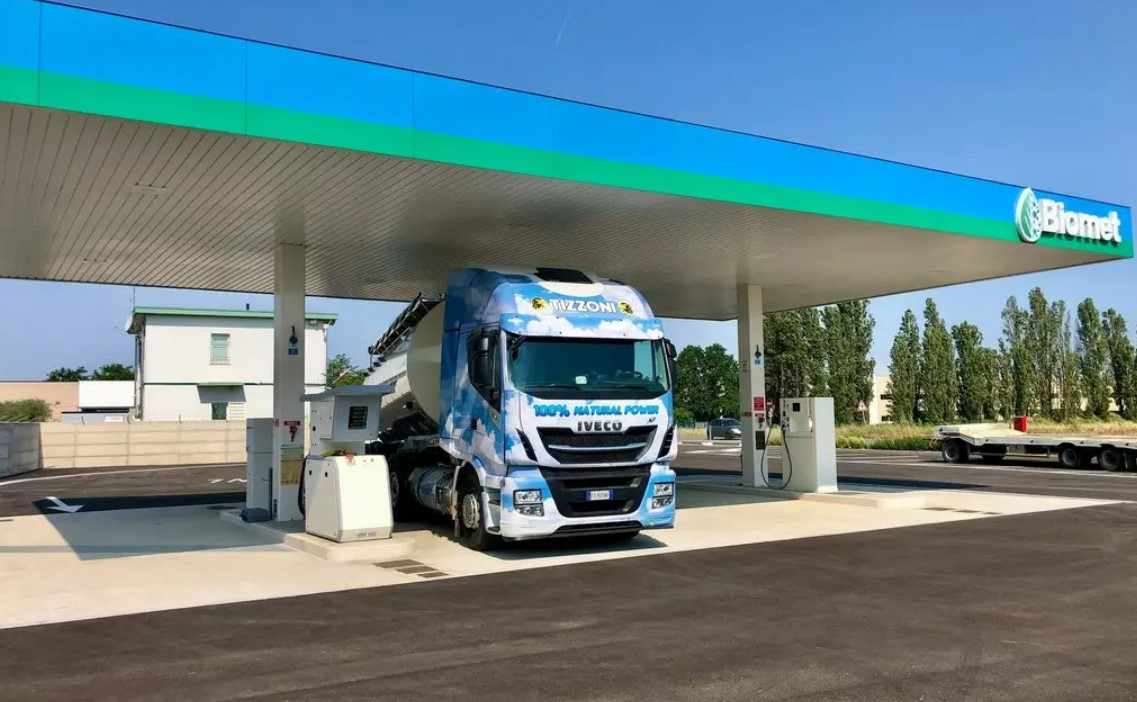A unit of Germany-based investment firm Patrizia has acquired an 80 percent majority stake in Italian bio-LNG producer Biomet.
The deal worth about 75 million euros ($78.9 million), comprises the equity stake and a committed capex program, according to a statement by Patrizia.
Also, it marks the debut investment for Patrizia’s recently acquired infrastructure business, Patrizia Infrastructure, which bought the stake via its European Infrastructure Fund II.
Patrizia Infrastructure has acquired the stake from Italian gas entrepreneur Walter Lagorio and from Ankorgaz, the vehicle of Biomet CEO and founder, Antonio Barani, which remains a 20 percent minority shareholder.
Vertically integrated bio-LNG producer, Biomet, would become Europe’s largest plant producing bio-LNG from biomethane coming from biowaste, Patrizia claims.
The firm is currently developing two new, modern facilities that include a biomethane plant as well as an LNG liquefaction plant, which are both strategically located about 40km south of Milan.
According to the statement, Biomet would become the first plant in Italy that directly connects to the Snam national gas transportation network, with an onsite filling station.
The facility will also be linked to key highways to intercept the waste flows from central to northern Italy, as well as feature four plants that produce biomethane by upgrading third-party biogas from agricultural feedstock.
Liquefaction facility to come online this year
Patrizia Infrastructure has invested in Biomet at a “late-stage of construction”, with the liquefaction facility expected to be commercially operational for summer 2022, the biogas plant for December 2022, and the four biomethane upgrading plants by 2024, the statement said.
Biomet’s second-generation biogas and upgrading plant for biomethane production currently has capacity for 40,000 tons of organic waste each year, with the potential to increase this to 60,000 tons.
The liquefaction facility has capacity for 8,800 tons of bio-LNG per year, with the potential to increase production to 26,400 tons, it said.
Matteo Andreoletti, head of infrastructure equity, Europe and North America at Patrizia, welcomed the partnership with Biomet, which would play a “crucial role in contributing to the decarbonization of transport in Italy.”
Andreoletti said that biogas has a “critical role to play” in the energy transition as well as in supporting local agricultural communities.
Italy is the second largest biogas market in EU
Biogas and bio-LNG are “significant contributors” to the EU’s policy objectives to reduce primary energy consumptions and CO2 emissions, the statement said.
Italy is the second largest market for biogas in the EU behind Germany, and it currently produces some 2 billion cubic meters of the fuel, it said.
Moreover, the fixed production costs of biogas make bio-LNG from waste a competitive and carbon-neutral alternative to conventional LNG, especially for the transport industry, Patrizia said.
The Italian government has recognized the importance of bio-LNG production with a robust incentive scheme with long-term commitment to sustain durable development of this technology, it said.
“Shortfall of liquefaction plants”
“Italy has a shortfall of liquefaction plants, when at the same time demand for LNG and bio-LNG is increasing as the need for decarbonization continues. This is reflected in the regulatory framework and policy backdrop which is increasingly supportive of the need for increased biogas and sustainable fuel sources,” Barani said.
“Biomet has the ability to lead the way in this sector, being both optimally located and vertically integrated along the entire value chain – from biomethane production from waste, to upgrading, to liquefaction/bio-LNG production and sales at a nearby filling station,” he said.
NGVA Europe said earlier this year that Europe’s growing LNG fueling network had doubled its size in less than two years, reaching a new milestone of 500 LNG stations.
According to the website of the Brussels-based association, Europe currently has 561 LNG refueling stations.
The countries with the highest amount of LNG stations for trucks today include Germany with 127 and Italy with 123, the data shows.

